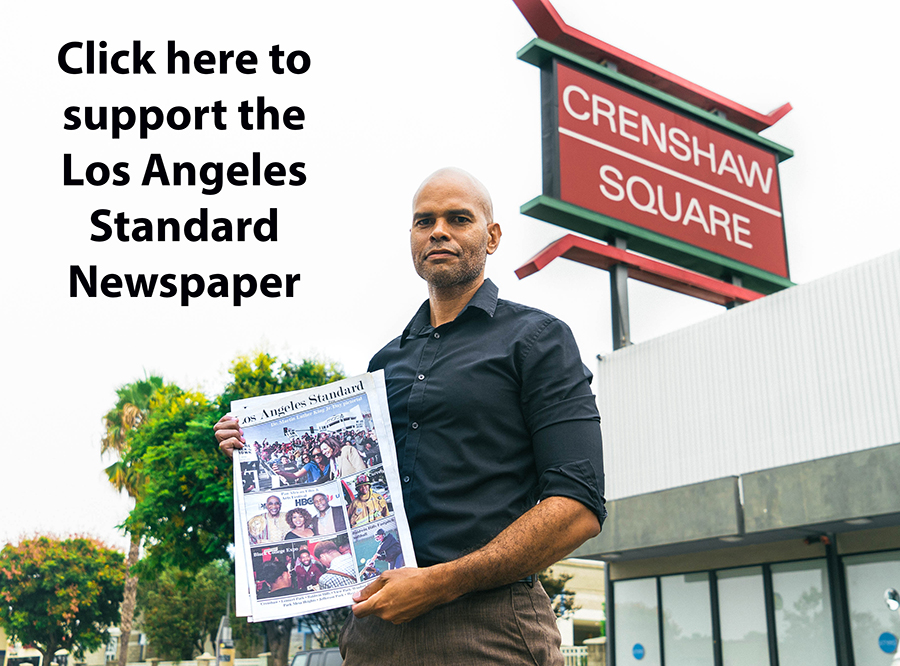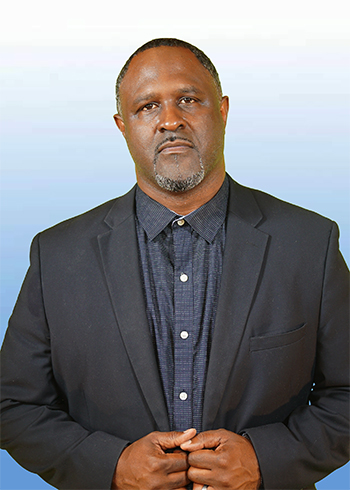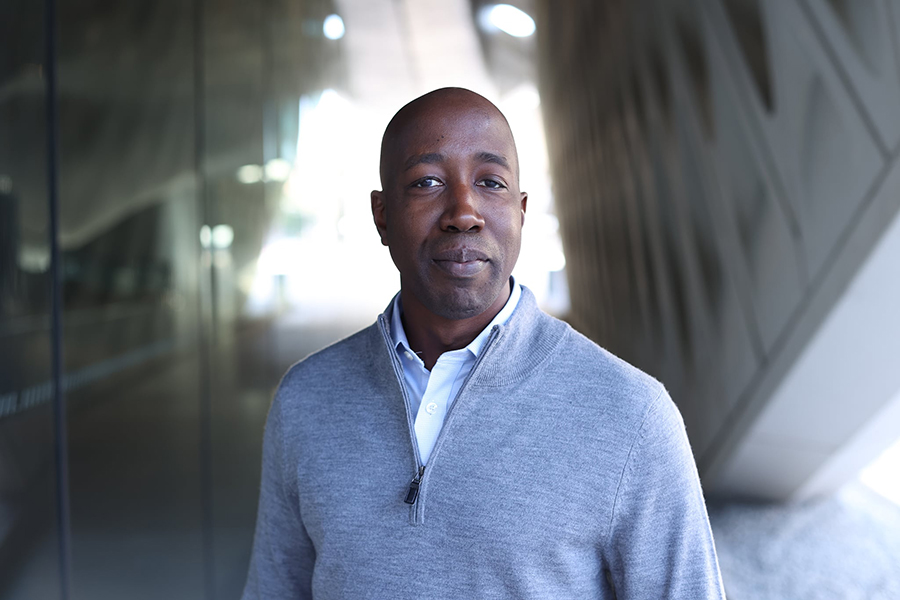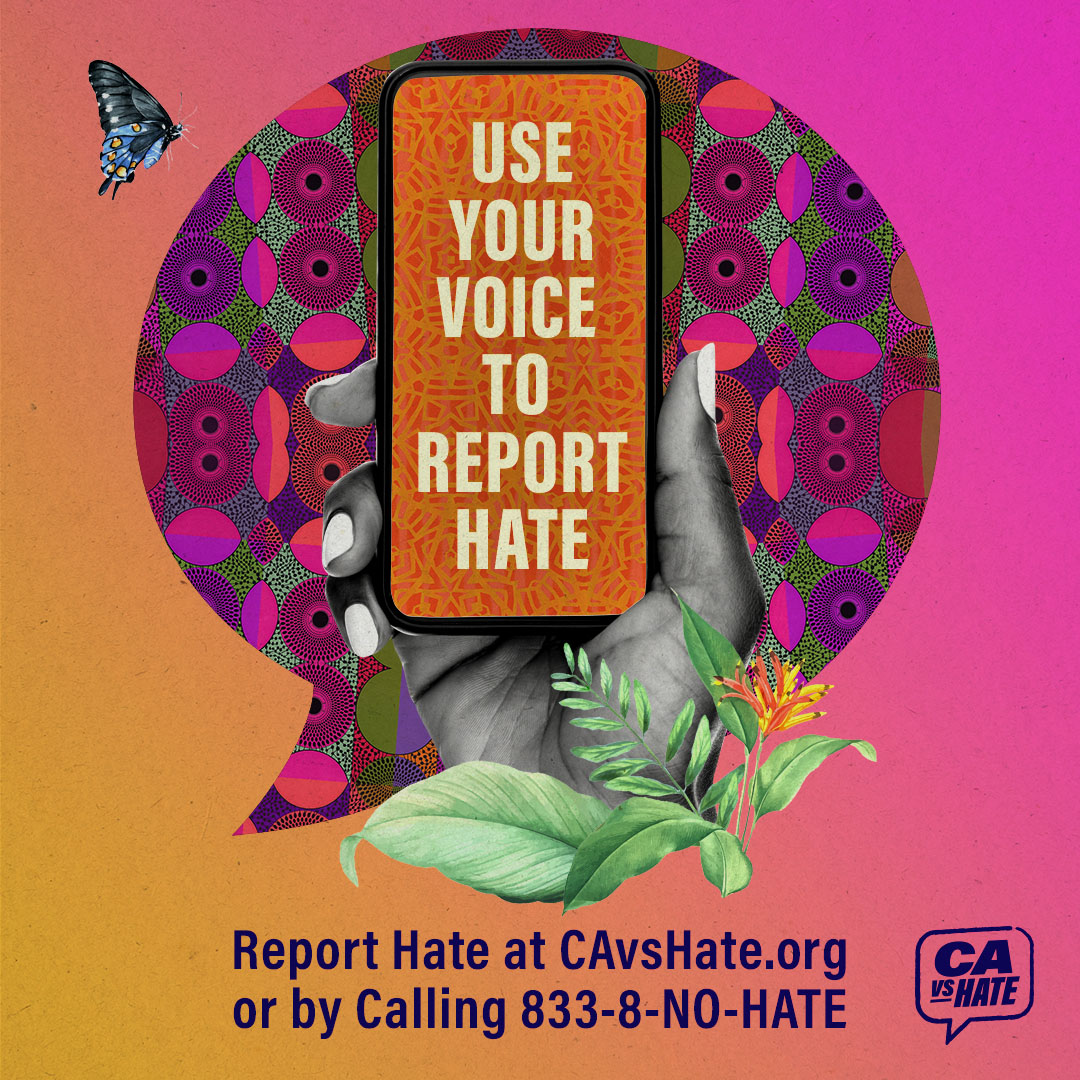The BCIF raises money through community donations and reinvests the funds to small Black-owned businesses.


By Megan Reed
The Black Cooperative Investment Fund (BCIF) was founded in 2016 to address financial issues that have plagued Black communities for several decades. The lack of business and home ownership has prevented Black people from excelling to similar degrees as other races. Black people are lagging behind Whites and Asians in business ownership, employment, and financial assets.
The BCIF looks to close the wealth gap with group economics, which donated funds used to grant loans to local Black-owned businesses. To further these efforts, it has hired Kaine Nicholas as its executive director. Nicholas has 15 years of experience in financial services with extensive knowledge of financial operations and transformative community development for Black business advancement.
“I am leading the charge of pooling capital and loaning it to Black businesses, unapologetically,” Nicholas said. “I am ready to lead the BCIF team. My entire career has been spent in the financial industry and Black community involvement. Let’s get down to the impact business and change the lives of Black business owners and the Black community in general today”
Nicholas was a managing deputy director at a national community development financial institution (CDFI), and established two grassroots community development and financial operations at several global financial firms. He also taught entrepreneurship at a local Southern California college and attained his MBA and certifications from the nation’s top schools like Babson College (MBA), UCLA Anderson School of Business, and USC’s Cecil Murray Center for Community Engagement.
One of many issues that has led to the wealth gap is that many Black people are less likely to be approved for business and home loans, so Black communities lack the capital to resolve their own financial issues. The Black Cooperative Investment Fund (BCIF) is working to change that.
“We have to culturally loan money out differently,” Nicholas said. “We have to make sure that we listen to business owners. It’s not just about their credit score, or what they do or what do they sell. Every business is different. Working out a growth plan so that when they apply for our funds, it goes through a very seamless process.”
One of the BCIF’s newest loan products is a zero-percent interest loan that has a forgivable option.
The BCIF is a community-based 501(c)3 nonprofit fund which provides micro loans ranging from $5,000 to $20,000 to African Americans to start or grow existing businesses and to secure real estate. The purpose of this fund is to build economic assets and wealth within Black communities.
The BCIF is looking within the community for assistance, as the funds for these micro loans are raised from locals who donate $1,000 a year, which is tax deductible. Donors receive a 25 percent refund on their yearly contribution. One theory is that people and entities outside of the community do not have a vested interest in the growth of Black communities, so it makes more sense to build this fund from within the community.
Many Black people talk about pooling their money together for the betterment of their community, but most people do not find a way to do it. The BCIF is looking to activate people who have expressed interest in Black investment groups.
“It’s no talk, all action.” Nicholas said. “That mantra is very special because it extinguishes those type of conversations. And it really forces the person who says, ‘We should do this and we should do that,’ to make a decision. Are you with us, or are you going to continue talking on the sideline?”
Robert Lewis, who graduated from Locke High School in Watts, is the president of the BCIF, and he believes that Black people cannot rely on people outside of Black communities to close the wealth gap.

“We have to get beyond the point where we’re relying on people from groups that history has shown doesn’t have as much invested in our well being as we do. So we have to take the bull by the horns and make things happen.”
The poor financial state of Black communities has affected other areas of life, including health, wellness, education, and crime.
“When you have a compromised economic base, the ripple effect is devastating,” Lewis said. “When you see the outcomes for us as a people, and it doesn’t matter what outcome area you’re talking about, most things that represent something healthy or good, we’re at or near the bottom. When it comes to outcomes that represent something bad or unhealthy, we’re at or near the top. We think that’s directly correlated to economics.”
One of the purposes of BCIF’s business loans is to create jobs within Black communities. One way to do that is to support Black businesses.
“On average we spend two cents on every dollar in Black-owned businesses.” Lewis said. “If we increased that to just 10 cents on every dollar, we could create one million jobs. When you take your clothes to the cleaners, or your car to the mechanic, how many of them are non-Black? If you can just switch that up, you can increase that ratio from two cents to 10 cents. We’re consumers. We spend. We could be more mindful about where we direct our dollars when we’re spending dollars that we spend anyways.”
Lewis stresses that people in Black communities have to figure out how to help themselves, and support those efforts.
“It epitomizes one of those things, when we’re sitting around the barbershop or in our living rooms, and we say, ‘Man, if we only had this, or if we could only do this,’” he said. “That’s what BCIF is. It’s that thing that we talk about, ‘If only we had,’ well this is it. So we can make it happen, or we can continue to see the outcomes that we’ve been getting for years.”
Contact the BCIF at 310-904-6336, This email address is being protected from spambots. You need JavaScript enabled to view it., and visit their website at www.bcifund.org for more information, and follow them on social media.











